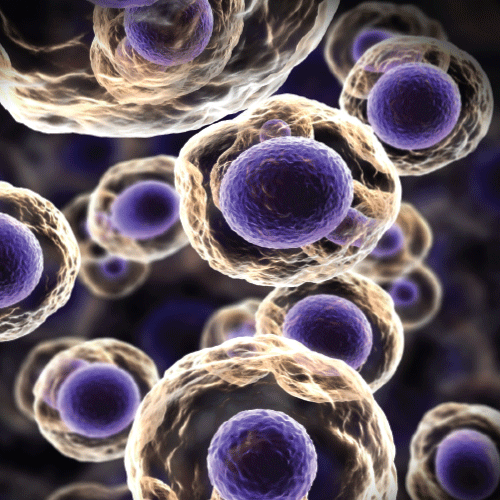Pharmacogenomics
 Pharmacogenomics deals with how a patient’s specific genetic variation affects the response to certain drugs. In part, the genetic variation among individuals helps explain why one drug may work spectacularly in one person, not at all for another and produce harmful side effects in a third. For example, variation in the
Pharmacogenomics deals with how a patient’s specific genetic variation affects the response to certain drugs. In part, the genetic variation among individuals helps explain why one drug may work spectacularly in one person, not at all for another and produce harmful side effects in a third. For example, variation in the
CYP2C9 and VKORC1 genes impact whether someone is likely to develop a dangerous reaction to Warfarin®, a blood-thinning medication often prescribed for people at risk for blood clots or heart attacks.
A genetic test that identifies those susceptible to that reaction has now been developed to help doctors adjust Warfarin doses based on each patient’s genetic profile. More than 200 pharmaceutical products either recommend genetic testing or point to the influence of genetic variability on the drug’s response.
Pharmacogenomics has most rapidly developed in the field of cancer. For example, the HER2 receptor, often found on the surface of a cell, helps regulate when the cell divides and grows. In many instances of breast cancer, the HER2 receptor is present at very high levels, leading to increased cell growth and tumor
formation. In these cases, the anti-cancer drug Herceptin® is added to the patient’s treatment plan where it increases the efficacy of chemotherapy.
Molecular testing is needed because only 25% of breast cancer patients will see any benefit from Herceptin – the rest should be given another treatment. In a similar manner, Gleevac® and Erbitux® may be respectively prescribed for specific forms of chronic myeloid leukemia and colorectal cancer. Both medications prevent tumor cells from continuing growth but each operates in a very pathway-specific process that is unique to a subset of each cancer type. This type of therapy based on molecular targets is slowly but surely gaining in success as
additional genetic pathways for disease are identified.


